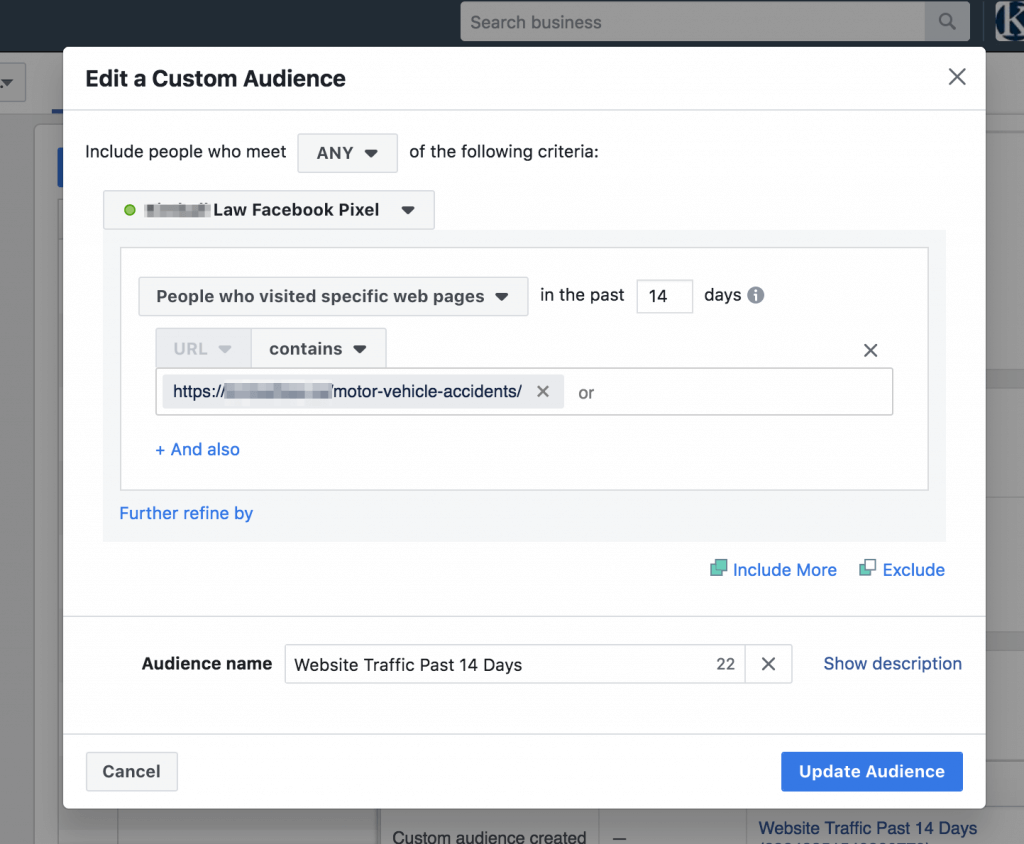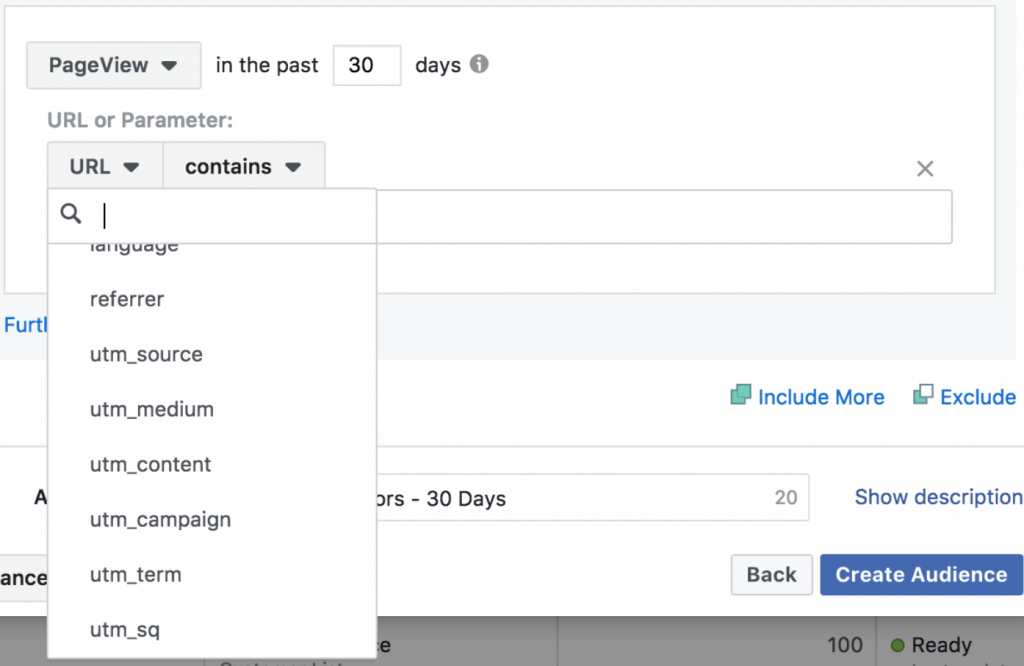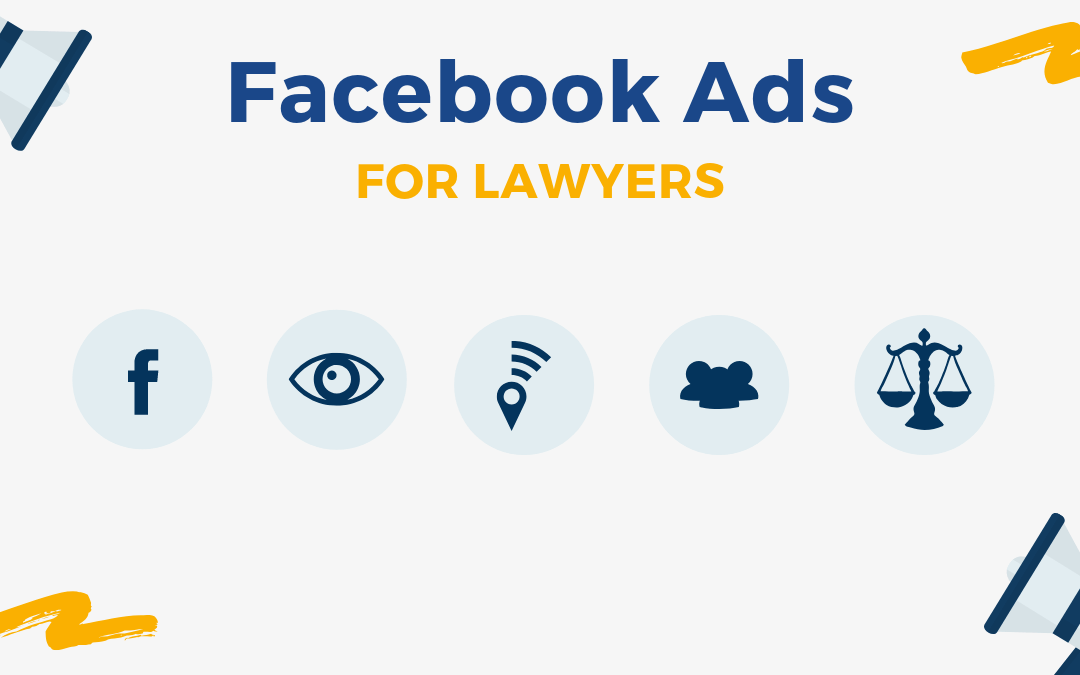Facebook has received a lot of mixed press in recent years. Most notably with the Cambridge Analytica scandal and Mark Zuckerberg testifying in front of Congress. What many of the congressmen and congresswomen seemed to not understand was how Facebook made its money: advertising.
In the following section, you will see just why Facebook has been under so much scrutiny, given the amount of power and data they have over the users they offer their platform to for free.
Targeting Audiences on Facebook
Part of the reason why Facebook has faced so much criticism is because of how much personal data they have on each of their users and how much of this data is accessible to advertisers. On their advertising platform, you have a ton of control on whom you’re targeting.
Here are just a few of the more common ways you can target users on Facebook:
- Age
- Gender
- Location (either current location or where they live)
- Job Title / Industry
- Interests
- Education Level
- Relationship / Marital Status
Some of these give you more or less control, but just understanding some of the available targeting options gives you an idea of just how powerful Facebook’s suite of advertising and marketing tools can be when used effectively.
For instance, relationship and marital status could be used to target new family law prospects. If you work in class action lawsuits or employment law (representing mistreated or wrongfully terminated employees), you can target them based on their job role or even if they work for a large retailer. You can also target people who have visited a certain location within the past X number of days. You may have noticed this when you have gone to a store like IKEA and then all of a sudden, you notice IKEA ads popping up in your Facebook news feed.
Do Not Engage in Predatory Advertising Practices
We consider many of these types of targeting practices, when applied to marketing for law firms to be predatory. While some types of law focus on preventative measures and applications of the law (e.g. patent law, wills & estates, commercial & corporate), other types of law tend to focus on reactive measures.
This particularly applies to personal legal matters including family & divorce law, personal injury, insurance law and employment law. We do not condone nor suggest that you participate in these types of targeting methods.
With that said, there is still much more potential that you can gain by using certain targeting parameters.
Exclusionary Options for Targeting
When we discussed Google and Bing search ads, we went over how they have a feature called negative keywords, which allows you to exclude your ads from appearing in certain searches.
One of the great things about Facebook is that it provides an even greater amount of control in how you can refine your ad targeting by excluding certain audience segments. For instance, you can exclude people who live in certain areas, people with certain interests (or who like your page) and people in certain industries.
This can come in very handy if you don’t want to tip off your competitors about your advertising strategies on Facebook. It is also useful for keeping them out of your re-targeting funnels.
That brings us to Re-Targeting.
Re-Targeting Ads
Re-targeting ads are one of the most advanced and effective features that Facebook offers on their platform.
This allows your businesses to anonymously capture the user’s information through a code snippet embedded on the owner’s website, called a Facebook Tracking Pixel. When a user visits the website on a mobile phone or computer that is also logged into their Facebook account, Facebook marks them as having visited your site at that date and time.
This information can then be used to re-target ads to people that have visited your website.
What Can your Firm do with Facebook Pixel?
Facebook’s Pixel tracks much more than simply website visits. It allows businesses and law firms alike to re-target to past visitors based on their behavior and activities on your website.

- Target users by how much time they spent on your site
- Re-target to visitors that were on your site in the past 180 days (or any range in between!)
- Re-target to a visitor who visited specific pages on your site
- Refine your Re-targeting based on the Frequency people have visited your site
- Re-Target to users who found you through another marketing channel/referrer
- Target or exclude users who took a specific action on your site

Use a Combination of These Features and Find Sweet-spots Re-Targeting Audiences
The best Facebook re-targeting strategy will entirely depend on your firm’s objectives. What types of cases you’re looking to get, what’s the nature of your target clients’ behaviour leading up to hiring a lawyer? How long are they in the marketplace before deciding and retaining your services?
Understanding this information and synthesizing it into actionable intel will allow you to setup a customized sequence of re-targeting events. Something that involves a combination of several of the re-targeting features listed above. For instance you may target within a certain timeframe, possibly less than 90 days to users who have visited one of your family law pages and target users who have read several of your blog posts.
Gotcha’s & Drawbacks
I can tell you from first-hand experience it can drive new leads. However, it isn’t a one-stop shop nor your marketing saviour. Just like many users on the platform, you shouldn’t take Facebook’s audience targeting at face value and put all your trust into it.
Testing and validating your audiences with smaller budgets is key to your success. Facebook knows a lot about it’s users. Then again, it doesn’t have all the pieces. The data it gives you is only as good as the data the social media giant’s users give it.
That means that its targeting relies on it’s users giving them accurate data. People would put in the wrong age on Facebook, don’t use their legal name, etc.
I remember in high school it was very trendy for kids to be creating their own ‘families’ on the platform. This girl would list this guy as her brother. This guy would list this girl as her father. Yeah… kids are weird. What does this mean for you?
Well, if you’re trying to run ads to demographics that are more likely to need a family or divorce lawyer, then it’s not going to produce perfect targeting. On the other hand, this example would produce a relatively small error compared to other audience targeting issues. You could still run family lawyer ads to a fairly broad audience and get good results.
Build in margin for imperfect targeting and keep reasonable expectations. Family relationships like the example mentioned above is only the tip of the tip of the iceberg.
While many users are likely to update their relationship status after a break-up or two people become exclusive, what are the odds that they will change their work status just as promptly? How about where they live?
Because Facebook has so many different ways to target people, it depends on people keeping these attributes current or they become fairly worthless to the advertisers looking to target them. B2B marketing can prove to be challenging on the platform for amateur or DIY marketers.
Instagram: The Big Bonus to Advertising on Facebook
Facebook purchased Instagram in 2012 and since then have been finding interesting ways to integrate the advertising side of the platform and monetize it. As a result, if your firm has an instagram account it can be easily integrated with your business’ Facebook page account to improve the reach and exposure of your ads.
The great thing about this is it opens up your ads to another consumer-facing social media platform with very little extra work on the ads and marketing management side of operations. While this is a great way to streamline marketing activities, there are some drawbacks to integrating your law firm’s marketing with Instagram and Facebook.
Some gotcha’s to look out for include:
- Unintended or adverse effects in your marketing
- Instagram and Facebook are very different ecosystems and their users do behave differently.
- Different demographics, ecosystems and behaviours
- Some areas of practice will perform well on both, some will not
Wrapping Up
All in all, Facebook offers an incredible amount of value when it comes to advertising on their platform. While it does have it’s learning curves and caveats, you can perform some great marketing for your law practice on the platform.
Make sure to double check everything before publishing and test your campaigns, ads and ad sets before you turn up the heat on them and spend all your budget.


